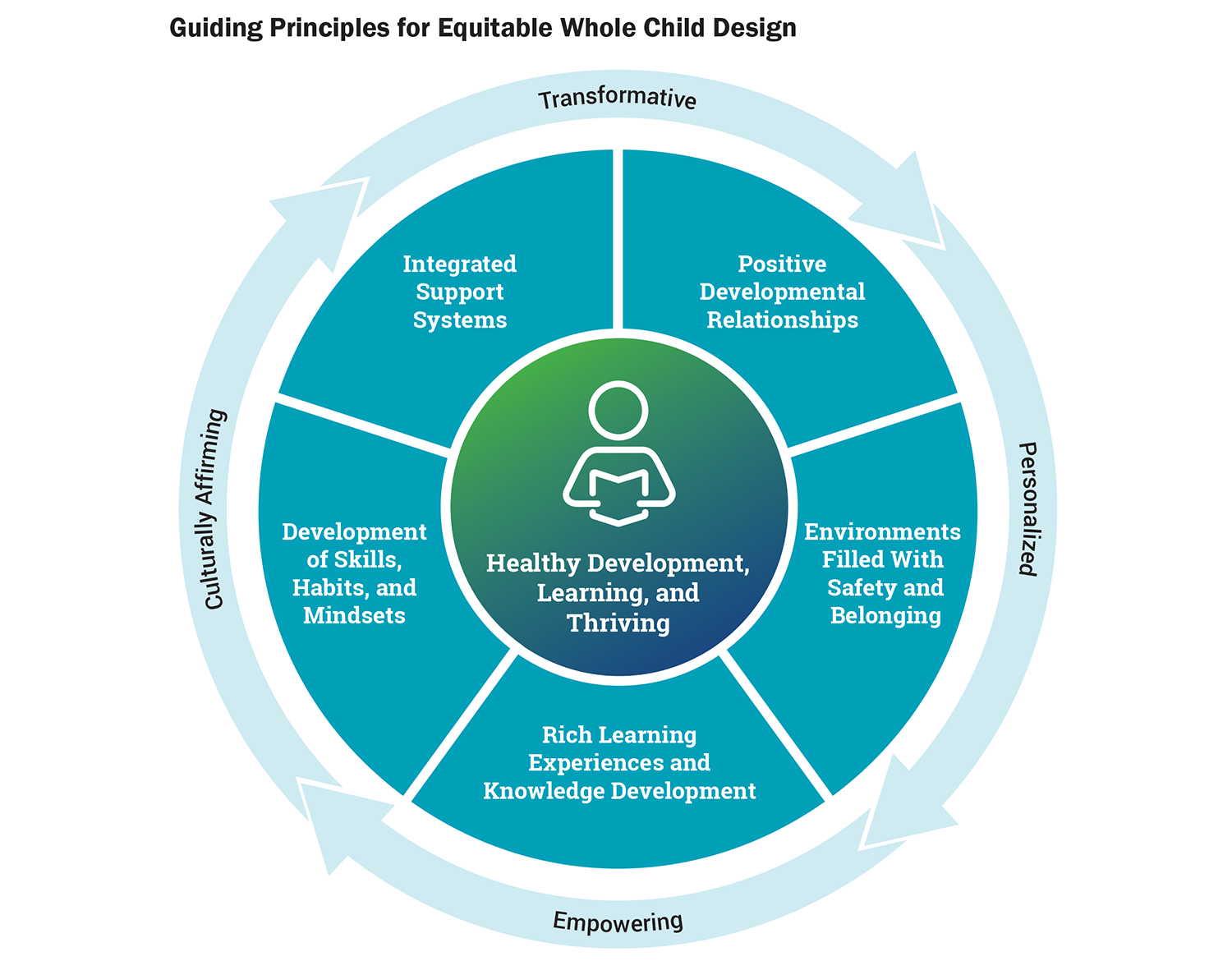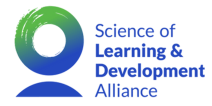
Science of Learning and Development
Breadcrumb
The science of learning and development (SoLD) refers to the growing body of research from the fields of neuroscience, psychology, and other developmental and learning sciences, which tells an optimistic story about the potential of all learners. This evidence shows that the brain continues to develop throughout life as a product of relationships, environments, and experiences. Findings from this work have serious implications and powerful lessons for improving education. The foundations of the U.S. education system were built more than 100 years ago and were designed to select and sort—through segregation, unequal school funding, and tracking—rather than promote development and help every student access opportunities and reach their full potential.
Further Reading
-
Foundational SoLD Research
-
Malleability, plasticity, and individuality: How children learn and develop in context (
journal article, Applied Developmental Science
) -
Implications for educational practice of the science of learning and development (
journal article, Applied Developmental Science
) -
Drivers of human development: How relationships and context shape learning and development (
journal article, Applied Developmental Science
) -
Educating the Whole Child: Improving School Climate to Support Student Success (
report and related resources
)
-
-
SoLD Practices in Learning Settings
-
Redesigning High Schools: 10 Features for Success (
interactive report
) -
Design Principles for Schools: Putting the Science of Learning and Development Into Action (
interactive report
) -
Design Principles for Community-Based Settings (
interactive report
) -
How Learning Happens (
video series
) -
Project-Based Learning (
video series
)
-
Case Studies
-
Social Justice Humanitas: A Community School Approach to Whole Child Education (
report and brief
) -
Teaching the Way Students Learn Best: Lessons from Bronxdale High School (
report and brief
) -
Preparing Teachers to Support Social and Emotional Learning: A Case Study of San Jose State University and Lakewood Elementary (
report and related resources
)
-
-
Related Resources
-
Developing Effective and Responsive Schools and Practitioners. Insights From the Science of Learning and Development (
journal article, Revista Portuguesa De Investigação Educacional
) -
Nurturing Nature: How Brain Development Is Inherently Social and Emotional, and What This Means for Education (
journal article, Educational Psychologist
) -
What Makes Social-Emotional Learning So Important? Four Measures That Can Contribute to Developmentally Healthy Schools (
article, School Administrator
) -
Why School Climate Matters and What Can Be Done to Improve It (
article, NASBE Standard
) -
What will it take to promote whole-child development, learning,and thriving at scale? (
article, American Federation of Teachers
)









